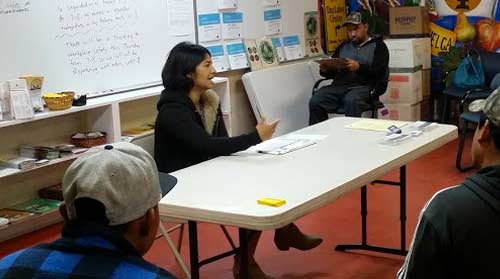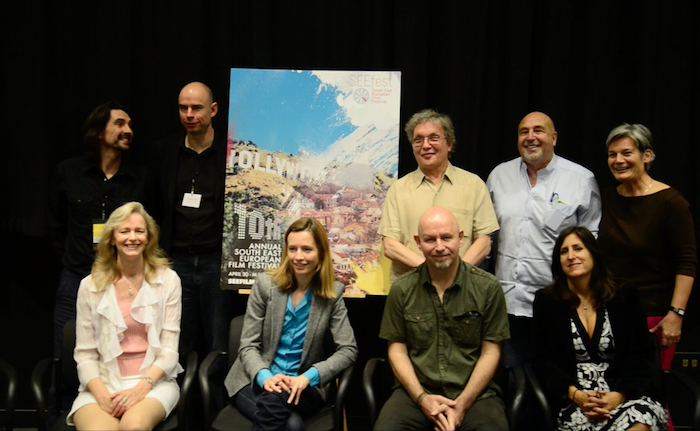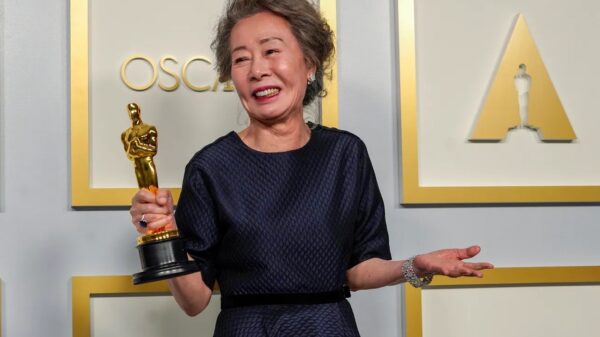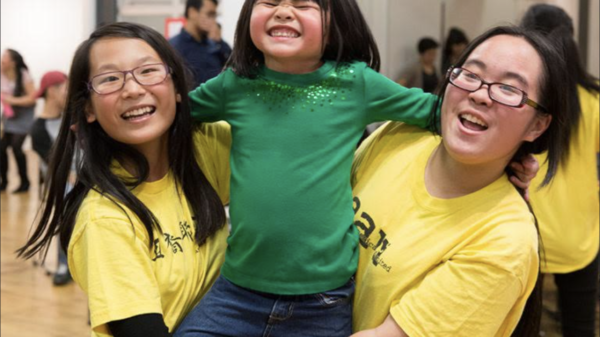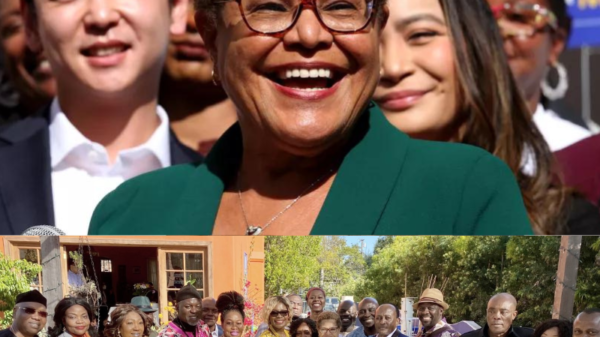GRATON, Calif. — Yard workers, floor installers, car mechanics, carpenters, painters, cleaning women and farm workers – some undocumented, others with legal status – gathered at the Centro Laboral De Graton facility here recently to hear why they should take advantage of all the health programs available to them, instead of withdrawing into the shadows because of the xenophobic climate created by the Trump administration.
Located in rapidly gentrifying Sonoma County, Centro Laboral is a non-profit and worker-led center organizing with day laborers and domestic workers for employment.
Speaking in Spanish, Maya Watts, a staff attorney at Bay Area Legal Aid, outlined the many public health programs available to them and their children. She urged them to not let fear discourage them from enrolling.
“There are programs out there you should take advantage of,” said Watts, speakingin Spanish at an early morning workshop organized by New America Media.
Among them, she listed restricted Medi-Cal, access to community health clinics and Medi-Cal for pregnant women. She told them that since last year, even undocumented children under age 19 could sign up for dental care under comprehensive Medi-Cal, known as Medicaid in the rest of the nation.
As they listened to her and perused the handout in Spanish Watts provided them, Centro’s clients in turn were more than eager to share their personal experiences.
Mexico-born Atanico Roman, 46, a Santa Ana farmworker and a father of six who works the apple orchards during the summer, said that even though he has had full-scope Medi-Cal since he became naturalized a few years ago, he is tired of the long waits before he can see a doctor. And even when he sees one, the doctors don’t seem to have the cultural fluency to make him feel comfortable. That’s why when the left side of his face recently got paralyzed, he drove himself to Tijuana for medical help.
Kareya Duque, 35, a Mexico-born woman who came to the US with her husband and their two young sons, now aged 11 and 12, a year-and-a-half ago, said she is glad she took advantage of the Health For All Kids program that launched in May 2016. The full-scope Medi-Cal program allowed her sons to finally get their painful dental cavities treated.
As for herself, “I try my best not to get sick,” she said. She cannot afford to see a doctor on the salaries she, a cleaning woman, and her husband, a dish washer in a restaurant, make. “And when I do, I just buy over-the-counter medications and hope for the best.”
Watts was peppered with questions that ranged from how they should respond if confronted by federal immigration officials to how safe it was to divulge information about their undocumented status on forms they fill out to get their children enrolled in Medi-Cal.
Watts was moved to hear people say felt safe in the space Centro provided them when they came in to fill job requests from the community. “In public,” Roman observed, “we count for nothing because of the color of our skin, the fact that we are foreigners and our inability to speak English.”
Many attendees sat silent but riveted to Watt’s presentation.
Jesse Strecker, Centro’s program coordinator, said he was glad Watt’s presentation allowed his clients to be armed with important information on health and immigration.
“Many of them had not even heard of the Health Care for All Kids law,” he said.
Or of the universal health care bill recently introduced in the California legislature that would give all of its residents, including the undocumented, access to health care.

